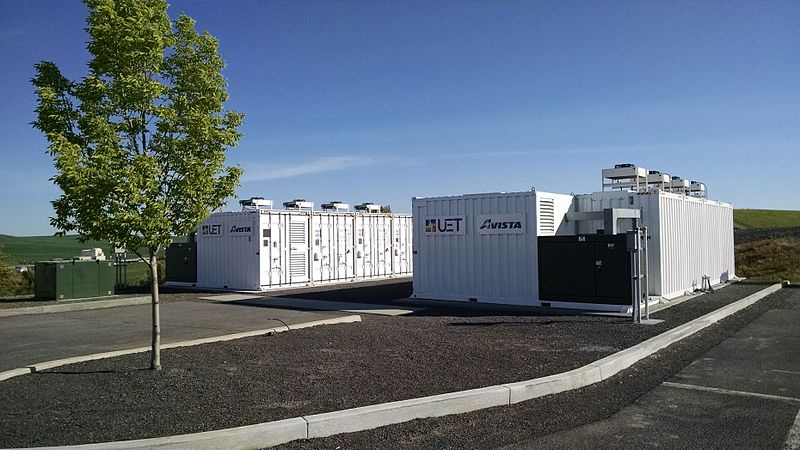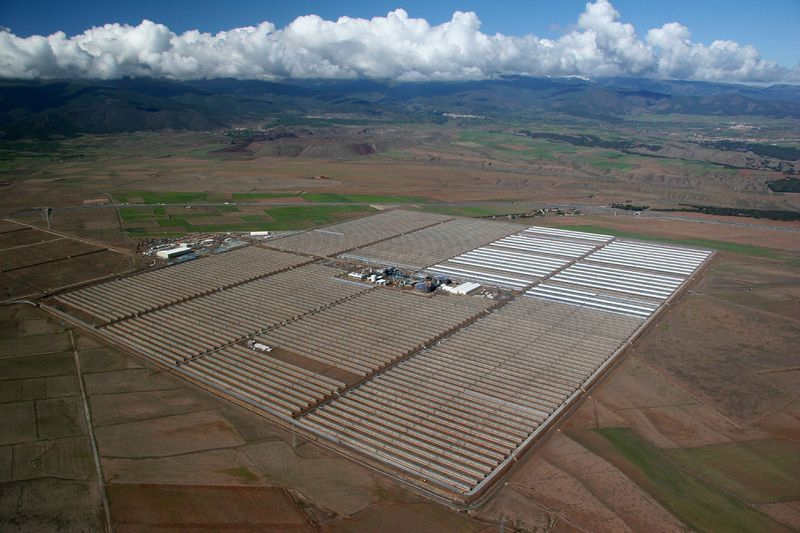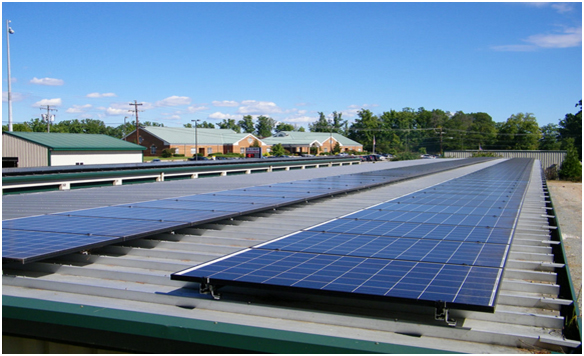 The energy industry is constantly changing, and developments like smart grids and new energy sources are very exciting. However, one of the main challenges for the industry and an area that could result in the biggest efficiency increases is energy storage, which is particularly important given the new ways energy is being generated, transmitted and used.
The energy industry is constantly changing, and developments like smart grids and new energy sources are very exciting. However, one of the main challenges for the industry and an area that could result in the biggest efficiency increases is energy storage, which is particularly important given the new ways energy is being generated, transmitted and used.
The green movement in energy is gaining momentum, with even the biggest sporting event in America taking measures to reduce its carbon footprint. Energy storage will be a huge part of this advance. Here are some of the companies revolutionizing the way we store energy.
Tesla
One of the most innovative companies in the world, Tesla has been revolutionizing space travel and road transport, and energy storage in the home is one of its targets with the Tesla Powerwall. It is labeled as a battery for your home by the company, and allows energy consumers to tap into renewable energies in a more cost-efficient way, power their homes more effectively off the grid, consume less energy at peak times and maintain a backup energy supply.
It has been shown to save consumers up to 20% of their energy bill, and it costs around $3,000 to install. The advanced version can store up to 100kWh of electrical energy.
The product has shown to be most value in areas where energy costs are high but there is cheap access to solar energy. One of the motivations of the company for making the product is that they foresee increased electricity demands with the advent of electrical vehicles like their Model 3 car, which is the fastest accelerating road car in the world.
The company is also starting to target energy usage in the industry, set to become the latest electrical company to impact how the industry operates. Tesla has also recently made bold statements about solving Australia’s energy storage problem.
Apple HomeKit
As always with Apple, there is a careful amount of strategy involved in all their expansions and acquisitions. The launch of HomeKit may not directly be only about energy storage, but the future of the company with regards to energy is anyone’s guess.
Many observers note that by positioning itself as a connector of all home devices with HomeKit, the company can become a large energy broker itself. They are placing themselves at the heart of all energy flow within the home, and with the right value proposition to consumers they might be able to tap into an extensive network. It is too early to tell exactly what their strategy is, but Apple becoming an energy company will certainly have far-reaching consequences for the future of energy storage.
VoltStorage
VoltStorage is a German company that allows consumers to easily store solar generated energy in an efficient way, and its technology is what sets it apart from other offerings. One remarkable aspect of the product is that the technology has a 25-year useful lifespan.
The company promises to help consumers cut energy bills, since it allows storage of energy from solar panels during the day to be used at night when energy demand is at its highest. It employs an innovative technology called vanadium-redox-flow cells.
STEM
 Like VoltStorage, STEM is bringing big changes to energy by allowing users to save energy for use at peak demand times, but STEM targets businesses as opposed to private homes with its PowerStore product. Businesses can use the STEM software system to monitor usage in real time, but the real benefit of the system lies in its ability to establish automated rules for how energy should be either stored or deployed. This automation allows businesses to configure their energy storage in advance based on parameters, which allows a greater level of detailed cost saving than other simpler technologies.
Like VoltStorage, STEM is bringing big changes to energy by allowing users to save energy for use at peak demand times, but STEM targets businesses as opposed to private homes with its PowerStore product. Businesses can use the STEM software system to monitor usage in real time, but the real benefit of the system lies in its ability to establish automated rules for how energy should be either stored or deployed. This automation allows businesses to configure their energy storage in advance based on parameters, which allows a greater level of detailed cost saving than other simpler technologies.
Win Inertia
The company’s SHAD system is targeting the Smart Grid revolution with a hybridization solution to energy storage, enabling users to effectively store energy from many different sources. This looks to be the way of the future, since the Smart Grid will make energy from renewable and non-renewable sources more integrated.
Sonnen Batterie
This is another German company that has made a mark on energy storage. With over 250 employees, among whom are several of Tesla’s former best engineers in Germany, which the company poached from their American rivals, has thousands of customers and revenues of €25 million.
Their system for homes is a direct competitor to Tesla. While it costs more to install, some commentators believe it may provide greater energy and cost savings for consumers.
A once overlooked aspect of energy storage is the high start-up costs associated with new systems for the home or for business. This is also a barrier to the diffusion of energy storage technologies. A $10,000 price tag for installation like that of the Sonnen Batterie would put many people off, and just as was the case with internet services, Solar Grid Storage aims to provide more flexibility and make inroads into the market in energy storage by offering storage on-demand.
The company was acquired by SunEdison, which has recently gone bankrupt, which demonstrates the volatility of the energy industry. There should still be a bright future for this company, regardless of who owns it in the future.
General Electric
One of the most famous corporations in the world with a rich history in the conventional energy industry, GE looks set to make its impact on the storage industry. The company has invested over $100 million in its battery plant in New York, and it aims to sell $1 billion in batteries per year by 2020. Plus, its advanced microgrid control system looks set to help it do that.
Eos Energy Storage
NRG Energy recently invested heavily to the tune of $15 million in this start-up that aims to revolutionize the way utilities are run by authorities. While most focus on making energy consumption more efficient by leveling out demand times on the consumer, this start-up seeks to advance the government side of the bargain and make that end of the equation more efficient.
Final Thoughts
The energy storage industry is undergoing massive change. What is interesting is that all sections of the market are being disrupted at the same time, for consumers, businesses and governments. This makes it a rich area for change and further advancement, and the energy storage ecosystem is currently a tinderbox for innovation. It is also notable how both start-ups and established corporations are both playing a role.
Author
Carl Babb is a retired Electrical Engineer from Massachusetts who blogs about the Industry for Relectric.com. He is passionate about Green Energy and building practices. Now retired he enjoys writing, spending time with his grandchildren, and staying current (pun intended).







